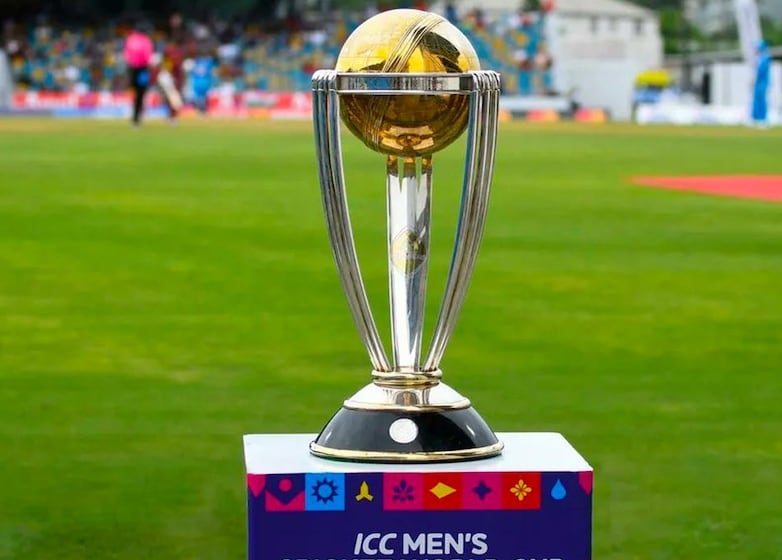
The ICC World Cup 2023 is poised to mark the end of an era in cricket, this upcoming tournament will adhere to the same format. It was employed in the previous edition four years ago, which entails all 10 participating teams facing each other in a round-robin group stage.
This format, known for its excitement and competitiveness, has delivered 45 enthralling encounters, ultimately determining the four semi-finalists who vie for cricketing glory. The journey into the 2019 ICC Men’s Cricket World Cup commenced with a thrilling clash between England and South Africa at The Oval.
England, the host nation, embarked on their campaign with a triumphant start, ultimately culminating in their maiden World Cup victory. This tournament was a marathon, with the group stage spanning six weeks, allowing for the emergence of new contenders and unexpected twists.
One of the most compelling aspects of this format is that a sluggish start does not necessarily spell doom for a team’s prospects. The 2019 edition offers a case in point. Pakistan found themselves languishing at the beginning, managing just one victory in their initial five matches.
However, a stunning 14-run triumph over eventual champions England at Trent Bridge turned the tide. Pakistan concluded the group stage with four consecutive wins, narrowly missing out on the semi-finals due to net run-rate, showcasing the importance of momentum in cricket.
Contrastingly, Australia emerged as early frontrunners, securing a spot in the semi-finals by winning six of their first seven matches, their only blemish being a defeat to India. India, too, cemented their semi-final berth, leading the Group Stage with seven wins from nine matches.
Nevertheless, the Cricket World Cup is as much about timing as it is about a strong start. The hosts, England, and New Zealand found their best form when it mattered most – during the semi-finals.
India and New Zealand engaged in a two-day nail-biter at Old Trafford, with the Black Caps prevailing by 18 runs, partly due to Martin Guptill’s sensational fielding to dismiss MS Dhoni. On the following day, England avenged their earlier loss to Australia in the Group Stage with an emphatic eight-wicket win, earning a spot in the final.
These outcomes set the stage for a new champion to be crowned in the final, a rarity in the Cricket World Cup. England and New Zealand engaged in a dramatic final at Lord’s. Both teams scored 241 runs in their respective innings, leading to a Super Over.
Astonishingly, even the Super Over ended in a tie, with both teams amassing 15 runs. England emerged victorious by virtue of more boundaries scored. England’s triumph in the first and last games epitomized their mastery of the Cricket World Cup format.
As the cricketing world eagerly awaits the 2023 edition, the question lingers: will England be able to replicate their success, or will another team rise to conquer the 10-team Group Stage challenge? Only time will tell in this thrilling chapter of cricketing history.
Get the latest cricket news here, like us on Facebook, and follow us on Twitter and Instagram for more such updates






![[WATCH]- Rohit Sharma Travels To Alibaug Before The Border-Gavaskar Trophy Series In Australia](https://cricfit.com/wp-content/uploads/2024/11/img_1633-1-100x75.jpg)